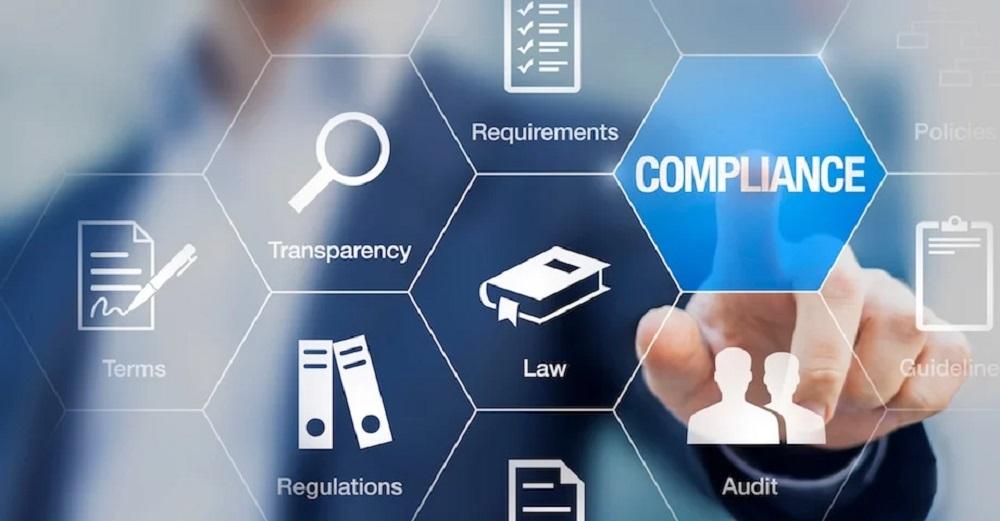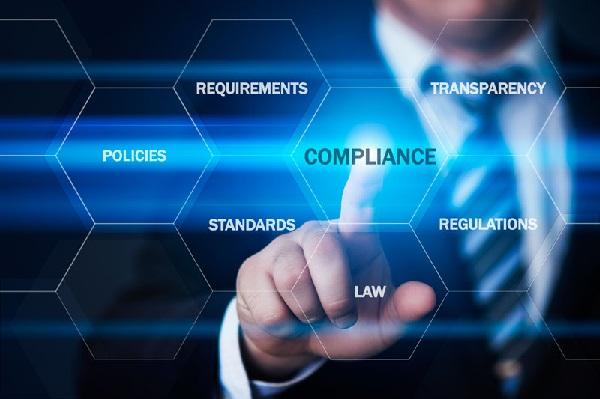
In today’s dynamic business landscape, maintaining robust security measures is not just an option; it’s a necessity. The rising tide of cyber threats, data breaches, and regulatory requirements has made security audits and compliance more critical than ever. These processes ensure that businesses safeguard their assets, protect sensitive information, and strictly adhere to the legal frameworks governing their operations.
The Importance of Regular Security Audits
A security audit is a comprehensive evaluation of an organisation’s information system, assessing the security of the system’s physical configuration, environment, software, information handling processes, and user practices. Conducting regular security audits offers numerous benefits:
- Identifying Vulnerabilities: Regular audits help in uncovering potential weaknesses in the system before malicious actors can exploit them. This proactive approach is essential in preventing breaches and mitigating risks.
- Enhancing Security Measures: The insights gained from security audits allow businesses to bolster their defences. By understanding where their security posture is lacking, companies can implement stronger, more effective safeguards.
- Ensuring Compliance: Compliance with regulatory standards is not just about avoiding fines – it’s about maintaining the trust of clients and stakeholders. Regular audits ensure that a business remains in line with both local and international regulations, thereby protecting its reputation and operational integrity.
- Protecting Data Integrity: For businesses that handle sensitive information, ensuring data integrity is paramount. Security audits verify that the proper controls are in place to protect data from unauthorised access, modification, or destruction.
Navigating Compliance with Local and International Security Regulations
Compliance with security regulations can be a complex maze, given the diverse range of laws and standards across different jurisdictions. However, it’s a crucial aspect of business operations that cannot be overlooked. Here’s how businesses can navigate this challenging terrain:
- Understanding Relevant Regulations: The first step towards compliance is understanding which regulations apply to your business. These could include GDPR (General Data Protection Regulation) in Europe, HIPAA (Health Insurance Portability and Accountability Act) in the United States, or local data protection laws. Staying informed about these regulations is essential for maintaining compliance.
- Implementing Comprehensive Policies: Developing and implementing comprehensive security policies that align with regulatory requirements is a fundamental aspect of compliance. These policies should cover data handling, user access controls, incident response, and regular auditing procedures.
- Employee Training and Awareness: Employees are often the weakest link in the security chain. Regular training and awareness programs can equip them with the knowledge and skills to recognise and respond to security threats, ensuring they follow best practices in data handling and protection.
- Leveraging Technology: Advanced security technologies such as encryption, intrusion detection systems, and multi-factor authentication can significantly enhance compliance efforts. These tools help in maintaining the confidentiality, integrity, and availability of data.
- Engaging Professional Services: Sometimes, navigating compliance can be overwhelming. Engaging professional services for security audits and compliance can provide the expertise needed to ensure that all regulatory requirements are met effectively.
By integrating these strategies, businesses can create a robust framework for security and compliance that not only protects their assets but also fosters trust with clients and partners.
The Broader Impact of Security and Compliance
The significance of security audits and compliance extends beyond mere regulatory adherence. They are foundational to a business’s long-term success and resilience. In a competitive market, customers and partners prefer to engage with businesses that demonstrate a strong commitment to security and ethical practices. Moreover, maintaining compliance helps avoid legal penalties, which can be financially crippling and damaging to a company’s reputation.
In this context, it’s also worth noting the importance of securing physical premises as part of a comprehensive security strategy. For instance, ensuring that physical entry points are secure is crucial – businesses often overlook the importance of services such as roller shutter repairs, which can fortify the physical security of their premises. By keeping such measures in check, businesses can prevent unauthorised access and protect their physical and digital assets alike.
In conclusion, regular security audits and diligent compliance with security regulations are indispensable for modern businesses. They not only mitigate risks and safeguard assets but also enhance trust and credibility in the eyes of stakeholders. By adopting a proactive and comprehensive approach to security and compliance, businesses can navigate the complex regulatory landscape and secure a competitive edge in their industry.








